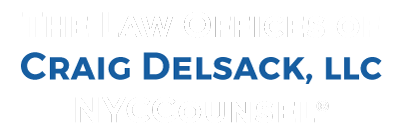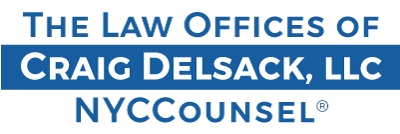Navigating the Corporate Transparency Act (CTA) — A Quick Guide for Business Owners

In the ever-evolving landscape of business regulations, the Corporate Transparency Act (“CTA”) emerges as a crucial legal development, impacting business owners across the spectrum, particularly small and medium-sized enterprises. Understanding the intricacies of this landmark law is imperative for business owners to grasp the legal obligations and potential consequences they may face. Here’s a brief breakdown:
15-Second Summary:
- CTA Requirements:
- Mandates entities formed after January 1, 2024, to file an Initial Report with personal information to FINCEN within 90 days of formation.
- Pre-2024 entities have until January 1, 2025, to comply.
- Starting January 1, 2024, disclosure of beneficial ownership information (“BOI”) is mandatory for various entities, unless exempt.
- Importance of Timely Reports:
- Timely subsequent reports are essential for any changes in ownership status.
- Non-compliance may lead to penalties.
Now, Some Details:
- Purpose of the CTA:
- Aims to enhance transparency in business structures to combat money laundering, tax fraud, terrorism financing, and illicit activities.
- Wide-reaching consequences for individual privacy rights and stringent compliance obligations.
- Filing Requirements:
- New businesses (domestic and non-US) set up after January 1, 2024, must file an Initial Report with FINCEN within 90 days.
- Businesses set up before January 1, 2024, have until January 1, 2025, to file an Initial Report.
- BOI Disclosure:
- Starting January 1, 2024, required entities must disclose BOI for individuals who, directly or indirectly, either:
- Exercises “substantial control” over a reporting company, or
- Owns or controls at least 25 percent of the ownership interests of a reporting company.
- Exemptions apply, but specifics are pending recent regulations.
- Trusts: While trusts are not “reporting companies” (they don’t file with a government agency for formation purposes), if a trust holds reporting companies as an asset, then any person or entity with substantial control over such companies is required to report, such as trustees, trust protectors, etc.
- Starting January 1, 2024, required entities must disclose BOI for individuals who, directly or indirectly, either:
- Reporting Specifics:
- Initial Report is the first step for compliance.
- Subsequent reports required within 30 days of any change to beneficial owners’ status (for example, a change through the sale of a business, merger, acquisition, or death or becoming aware of or having reason to know of inaccurate information being previously filed (which need be made within 30 days of becoming aware of same)).
- Exemptions:
- There are 23 categories of exemptions (mostly for entities already heavily regulated by the government which already disclose their BOI). Presently included in the exemptions list are publicly traded companies, banks and credit unions, securities brokers/dealers, public accounting firms, tax-exempt entities and certain inactive entities, among others.
- Certain “large operating entities” which:
- Employ more than 20 people in the U.S.;
- Have reported gross revenue (or sales) of over $5M on the prior year’s tax return; and
- Are physically present in the U.S.
Additional Resources: All 99 pages of the Financial Crimes Enforcement Network, Beneficial Ownership Information Reporting Requirements regulations (31 CFR Part 1010) can be found here.
Although we, as New York Business Lawyers, are not responsible for a business’s complying with CTA filing obligations, a New York Business Lawyer can help you navigate these new legal filing obligations.
** This post is for informational purposes only. In navigating the complexities of the Corporate Transparency Act, business owners are encouraged to contact a New York Business Lawyer or call us at 212-688-8944 to help them ensure their compliance. **

